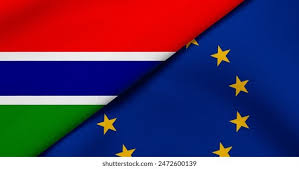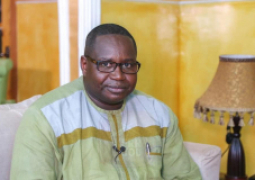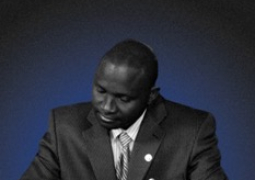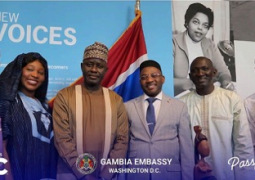
Since the country voted for democratic change in 2016, replacing over two decades of Yahya Jammeh’s dictatorship, the EU and its Member States said it has “invested extensively in the country's democratic transition to help propel the process forward”.
Also, the EU also highlighted that Green Economy for sustainable growth and jobs are necessary and that it will “focus on cross-sectoral activities”.
Thus, the block’s aim is to “contribute to the mainstreaming of climate change into the national development process”.
It includes “climate change adaptation and disaster management in sectoral policies such as agriculture and natural resources, forest and fisheries”.
The EU also identified Human Development as a key priority noting that it will be implemented “within the framework of post-pandemic recovery to reinforce the social fabric and reduce inequalities”.
The Point also learnt separately that among the listed priorities, “special attention is dedicated to promoting good governance … it would help peacefully advance the country’s socio, political and economic policies and prevents a repeat of the nation’s bitter past …”.
Additionally, the EU believes that “education interventions will be instrumental in empowering the youth, women, and girls, increasing the ratio of female teachers, upgrading the curriculum and better integrating topics such as gender, environment and climate change, science and technology, migration, nutrition and information technologies”.
Consequently, the EU acknowledged that “steps are being taken” towards transitional justice, the judicial system and security sector reforms.
It further recognized that it is a “long-term process but will continue to support it and that among the security bodies, special attention will be given to strengthening services in charge of migration and border management”.
Regarding the strengthening of the relationship, this correspondent was informed that “so far the partnership between the two “is constructive … and the future is also optimistic”.




